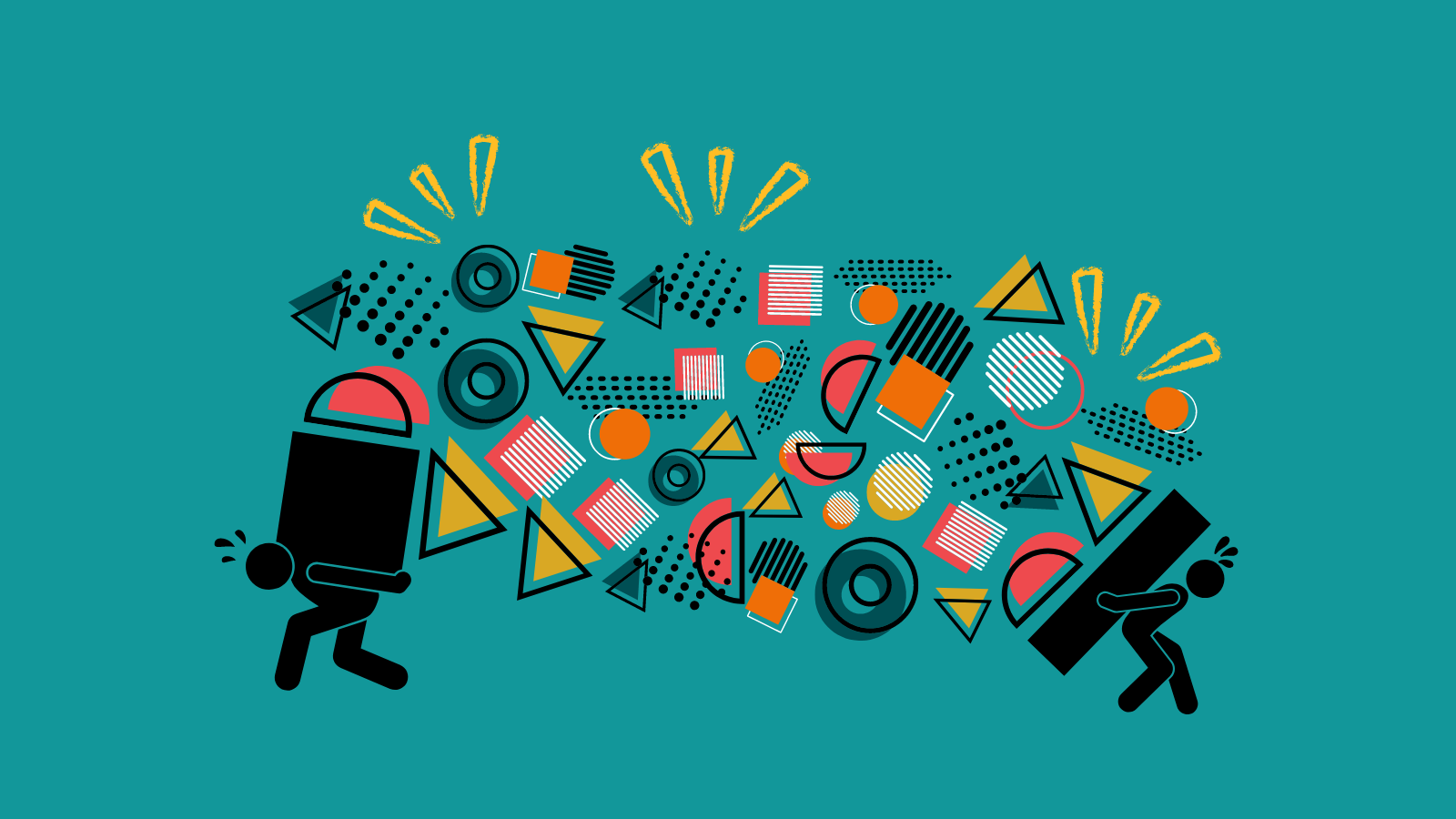What's really stressing you out as you lead?

Stress can show up in a number of ways; it can appear in the form of tensing shoulders or a clenching jaw, maybe a headache or a rapid heartbeat. When we feel stress in our bodies, a common response is to try to reduce it or to find ways to avoid it in the first place.
In our September Leap of Leadership, our guest and leadership coach Ivy Nganga presented us with a different way to approach stress — learning to embrace and live with it. She joined hosts Archana Deshpande and Purity Kagwiria to speak about ways to adjust to stress through activities like identifying our personality types, building support systems, and everyday hacks. Ivy also presented us with a tool to understand the stress load that we carry.
Listen to the 23-minute audio summary and follow along as she walks us through this tool, and read ahead to explore how you might approach stress differently to feel more resourced in your work and in your life.
Takeaway: A healthy way to manage stress is to rethink and even embrace it
According to Ivy, “At any day as a leader, the number of things coming at you are so many, so complex and they’re not slowing down…The science is also saying that stress has been a consistent part of human nature. And so the solution to try to remove stress from your environment is no longer working; stress is not something to remove, but to accommodate and adjust your life to.”
When you change your mind about stress, you can change your body’s response to stress. Psychologists at Stanford University found evidence that viewing stress as a helpful part of life, rather than as harmful, is associated with better health, emotional well-being, and productivity at work. According to their research, viewing stress more positively seems to encourage people to cope in ways that help them thrive, such as tackling the source of stress, building a support system or finding meaning in it.
Put it into practice: Measure the stress load you’re carrying
The first step to tackling the sources of stress is identifying them. In the above recording at timecode 10:15, Ivy guided meetup participants through the Social Readjustment Rating Scale (SRRS) – also known as the Holmes and Rahe Stress Scale – a self-assessment tool for measuring the total stress you're experiencing.
It was developed in 1967 by two American psychiatrists who studied the links between stress and illness. They examined the medical records of more than 5,000 patients in the U.S. and asked them if they had experienced any of a series of 43 common life events, like a change in sleeping habits or moving house, in the last two years. Each event, called a Life Change Unit (LCU), had a different "weight" for stress. The more events the patient added up, the higher the score and the more their stress load was likely to put them at a health risk.
Score your stress levels, and simply decide whether each of the events in the “Life Event” column has happened to you in the last two years. Then add up all your points to find your score and find out what it tells you using the information below.
- 150 points or less | a relatively low amount of life change and low susceptibility to stress-induced health breakdown
- 150 to 300 points | 50% chance of health breakdown in the next 2 years
- 300 points or more | 80% chance of health breakdown in the next 2 years, according to the Holmes-Rahe statistical prediction model
Note that this scale is not perfect and is just one tool to give you a picture of how much you’re coping with at once. It doesn’t take into account the varying levels of abilities that people have to cope with their stress and the diversity of people’s experiences, circumstances, and cultural contexts.
Put it into practice: Approaches to dealing with stress
Try to approach your stress with curiosity: what triggers it and what makes you feel better? If trying out different ways of dealing with stress feels overwhelming, take one small step at a time. Pick one or two things that feel achievable at first, before moving on to try other ideas.
Ivy emphasized the importance of building a support system in the same way that nature — whether it be trees, bees, or fungi — works interdependently. What are the things you need support with and how might your networks support you? When you reach out to others under stress, to seek support, or to help someone else, you release more of the stress hormone Oxytocin. You can access a sense of “social safety,” leading to a healthier stress response and a faster recovery from stress.
Ivy also spoke about how understanding our personality type and how it affects the way we respond to stress can help us approach it more intentionally. Once we identify our habitual responses to stress, we can explore what coping mechanisms might be better suited to us.
Check out these resources for more on how to approach stress:
- How to be better at stress — from mindfulness to social support
- Learn about your personality type to learn more about how to approach stress
Leap of Leadership is Spring’s monthly online meetup for social justice changemakers around the world. Each month, we tackle cutting-edge topics through new tools, concrete practices, and exchanges with peers. Learn more or sign up to join our monthly drop-in sessions and receive our monthly emails.
Tags:
Leap of LeadershipOctober 6, 2023

